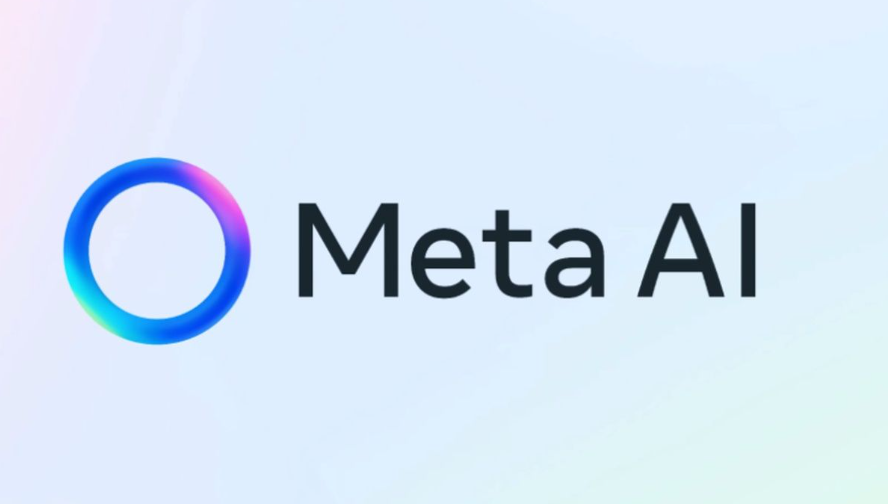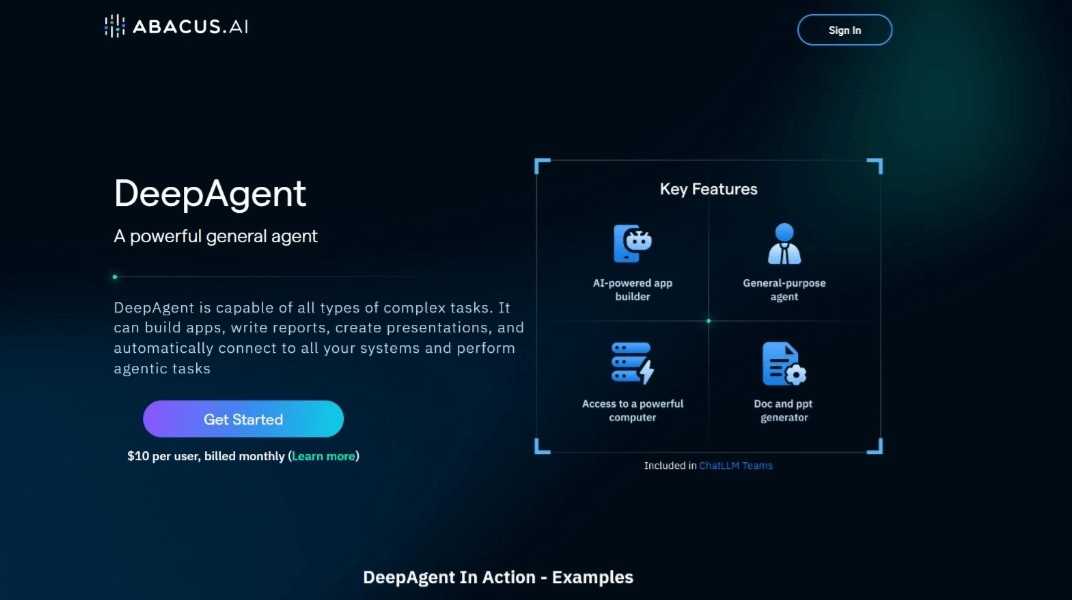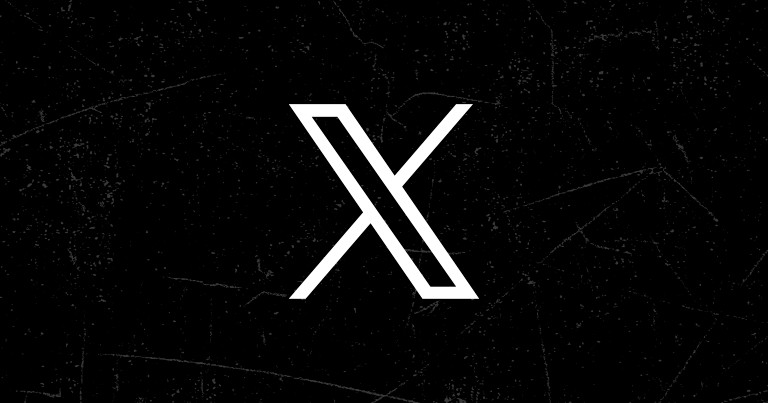Ollama is a tool that can run large language models locally. It supports downloading and loading models to local for inference. If you want to download and use Ollama's local model, you can follow the steps below:
Make sure Ollama is installed on your system. If it has not been installed, you can visit the Ollama official website to download and install the version suitable for your system.
After the installation is complete, start the Ollama service through the terminal and make sure it is running.
bash copy code ollama serve
Ollama provides some pre-trained models for download and use. You can run the following command to view the available models:
bash copy code ollama list
Use the following command to download the specified model:
bash copy code ollama pull <model name>
For example, if you want to download an llama2 model:
bash copy code ollama pull llama2
After the download is complete, the model can be called directly to generate text. For example:
bash copy code ollama chat <model name>
Once entered, you can interact directly with the model.
View downloaded models:
bash copy code ollama list
Delete a model:
If you need to free up space, you can delete unnecessary models with the following command:
bash copy code ollama remove <model name>
Hardware requirements: Running local models often requires high computing resources, especially GPU acceleration.
Storage space: Downloading a model may require several gigabytes of storage, please make sure you have enough disk space.
Network connection: Downloading the model requires an Internet connection, but running the model itself does not require an Internet connection.
If you have other questions, you can check Ollama's documentation or help information:
bash copy code ollama help



